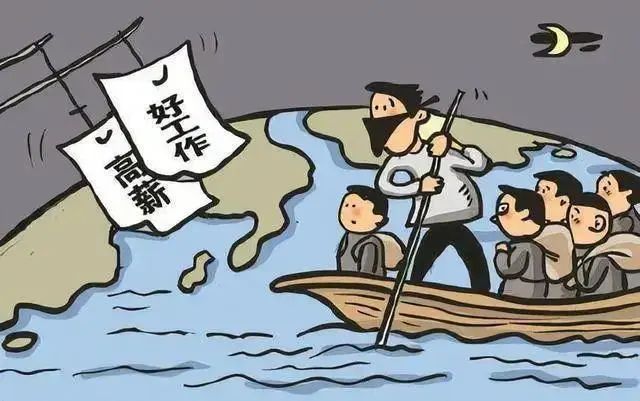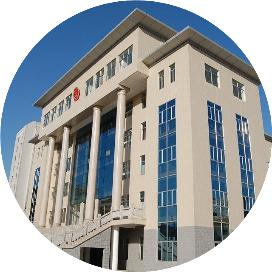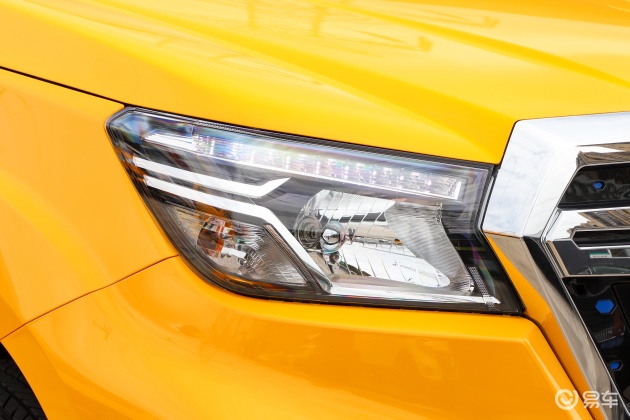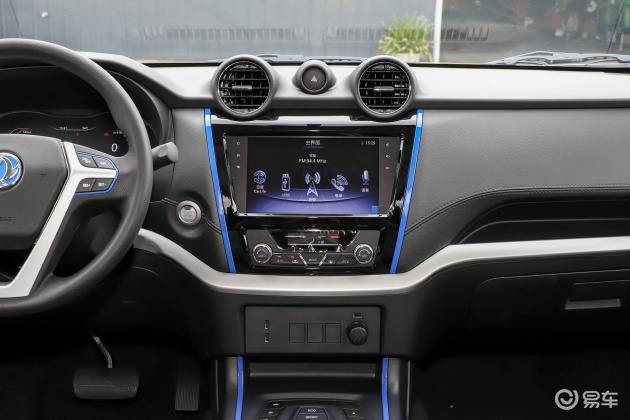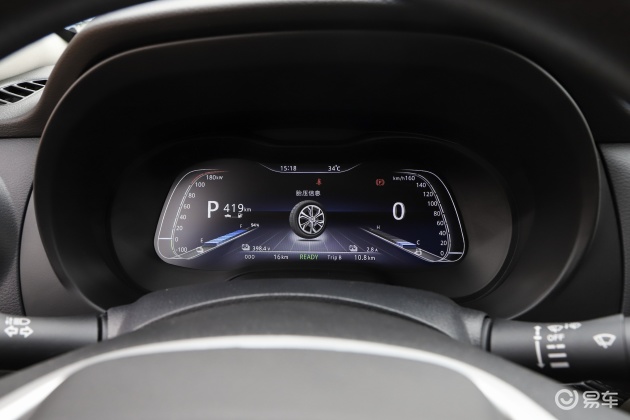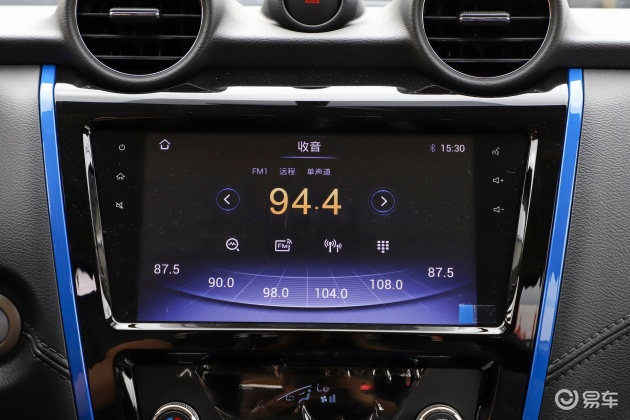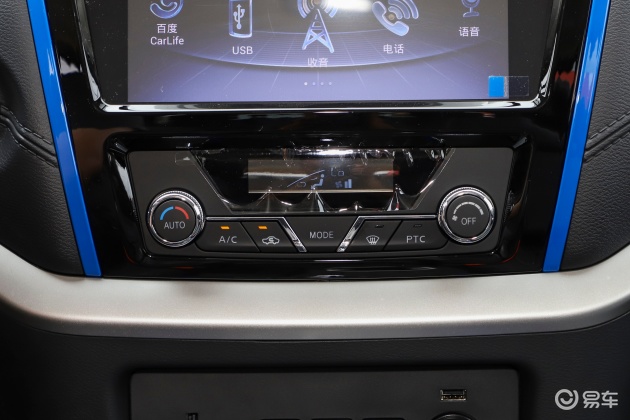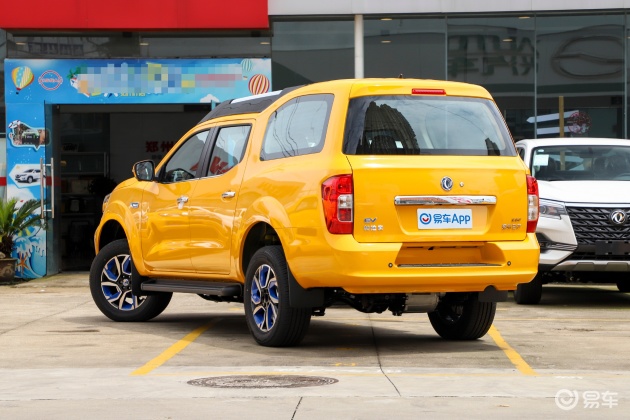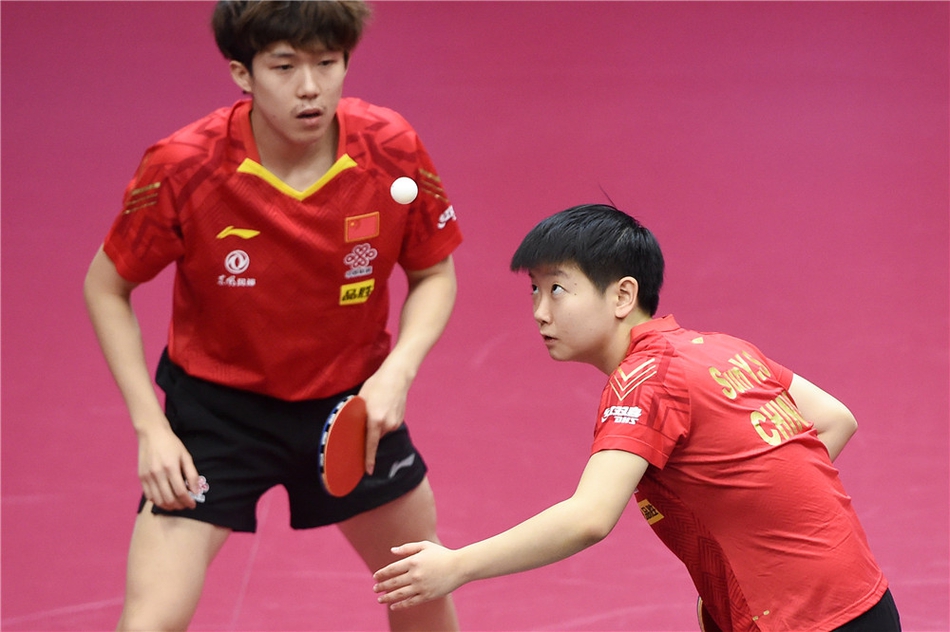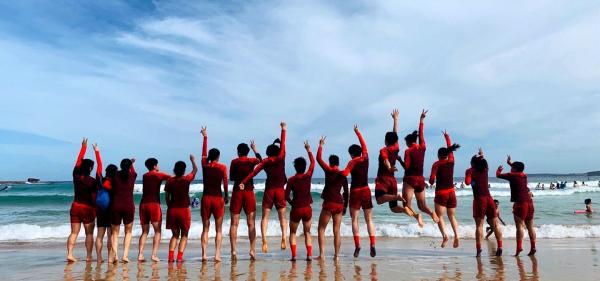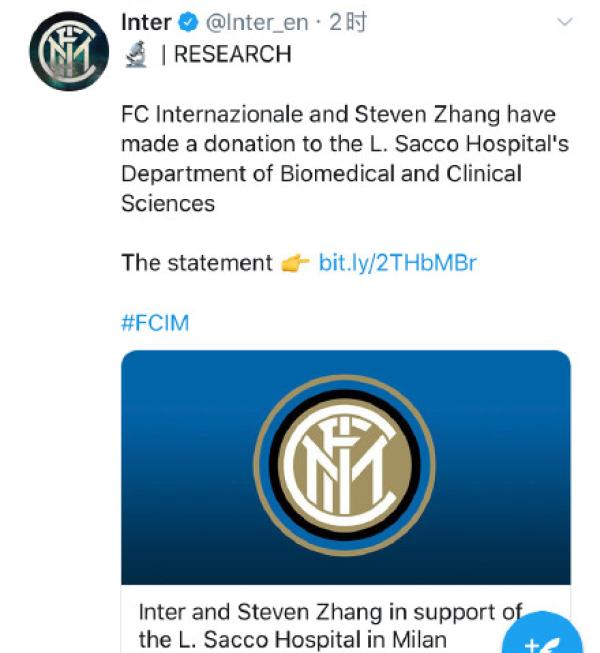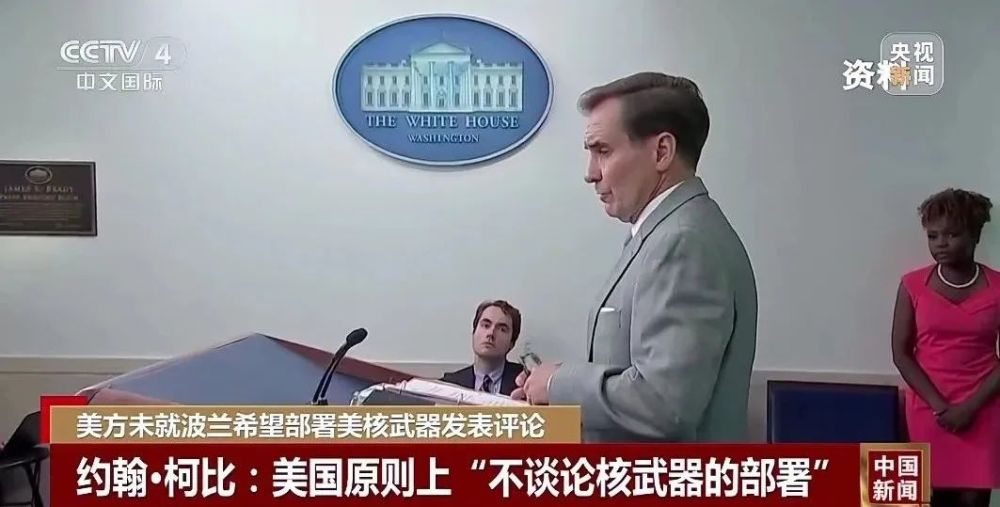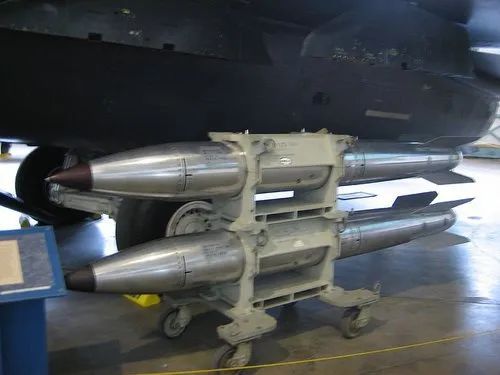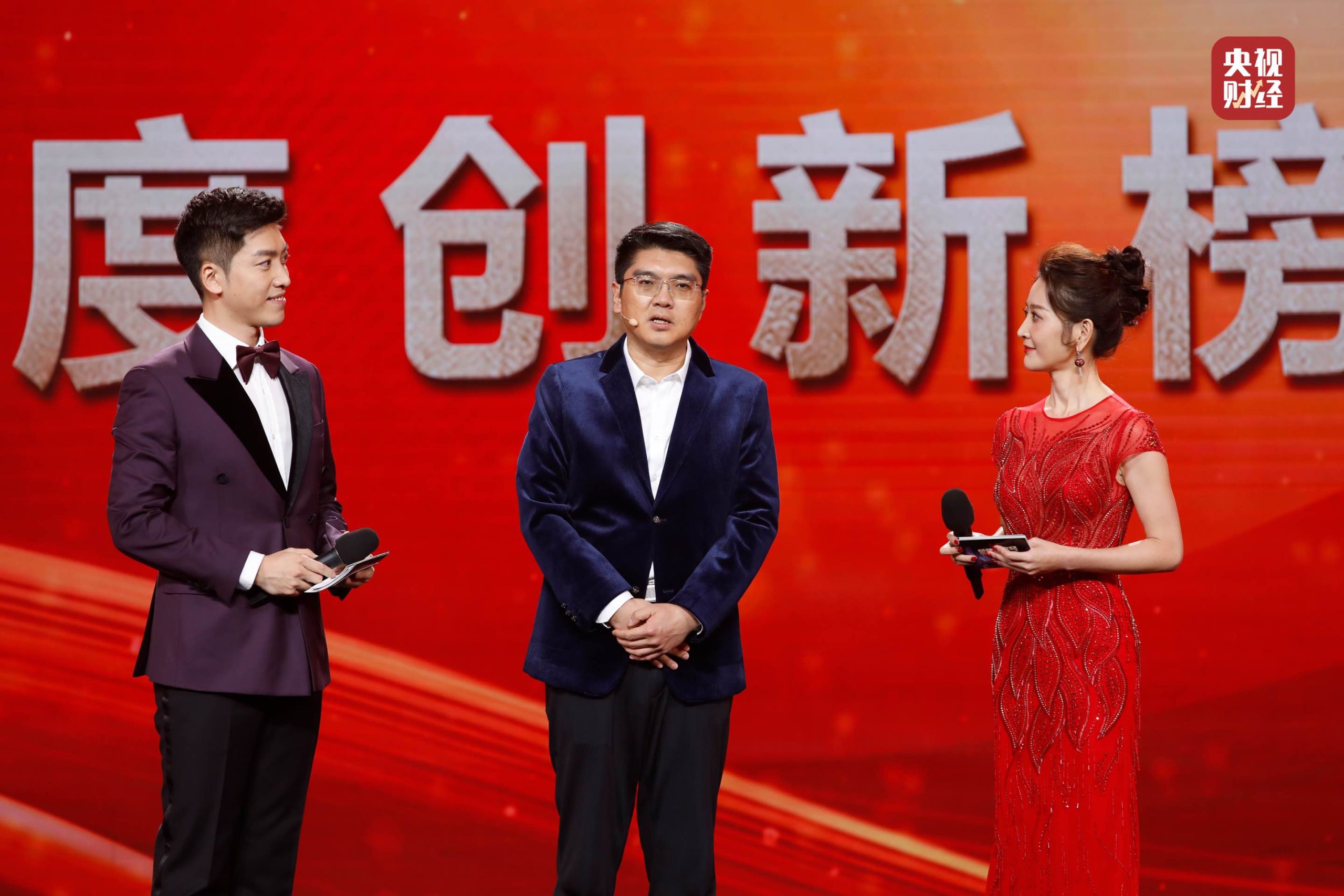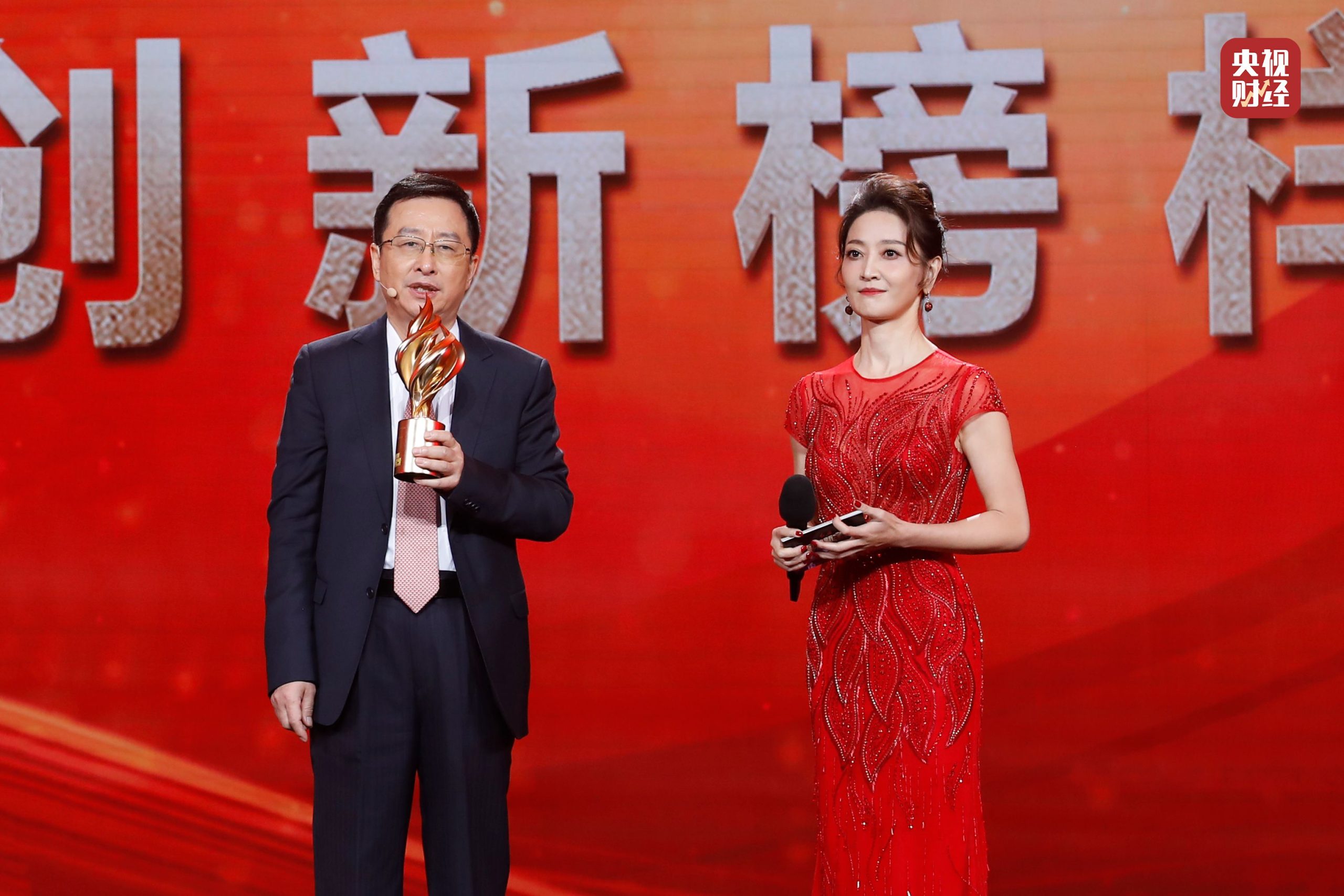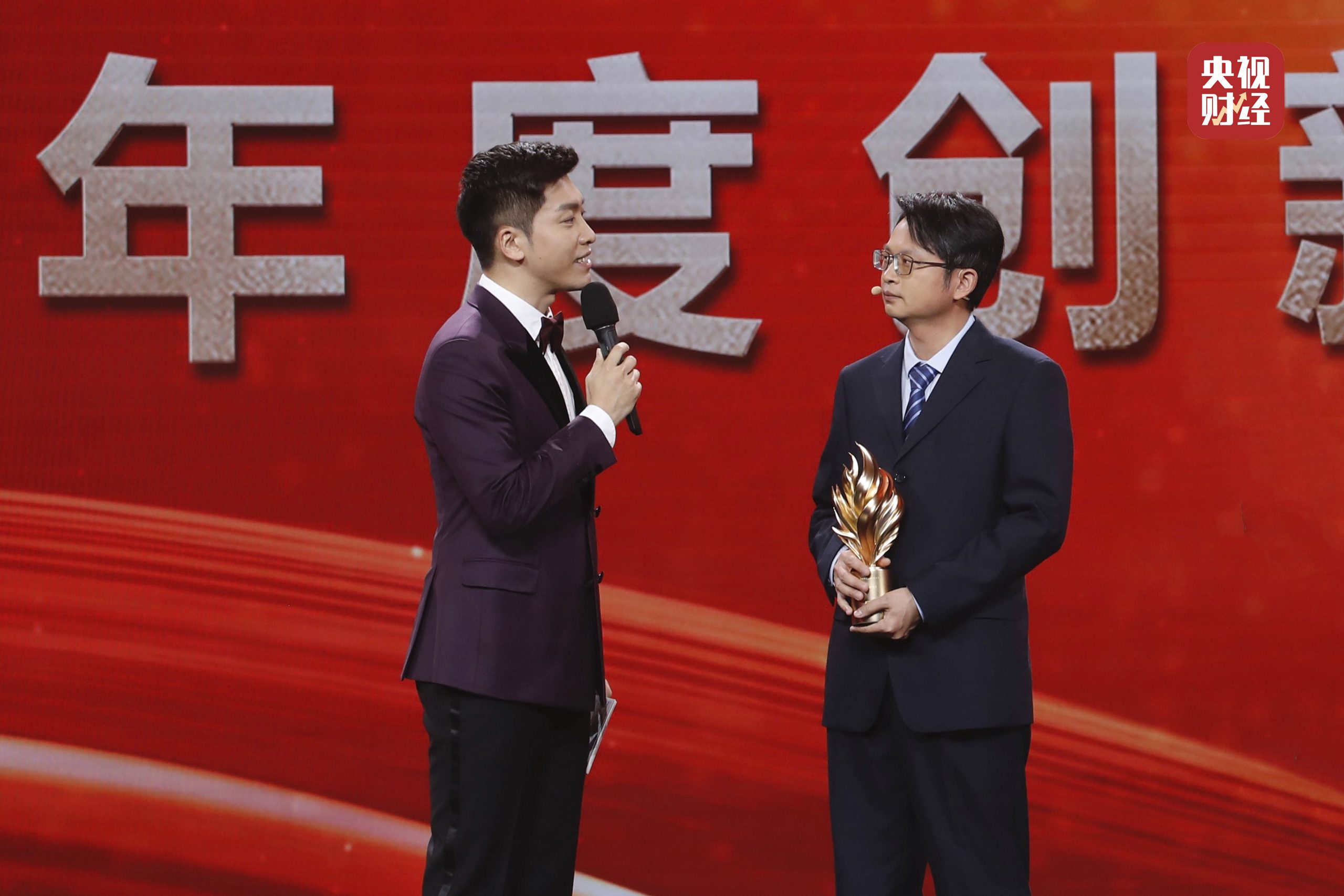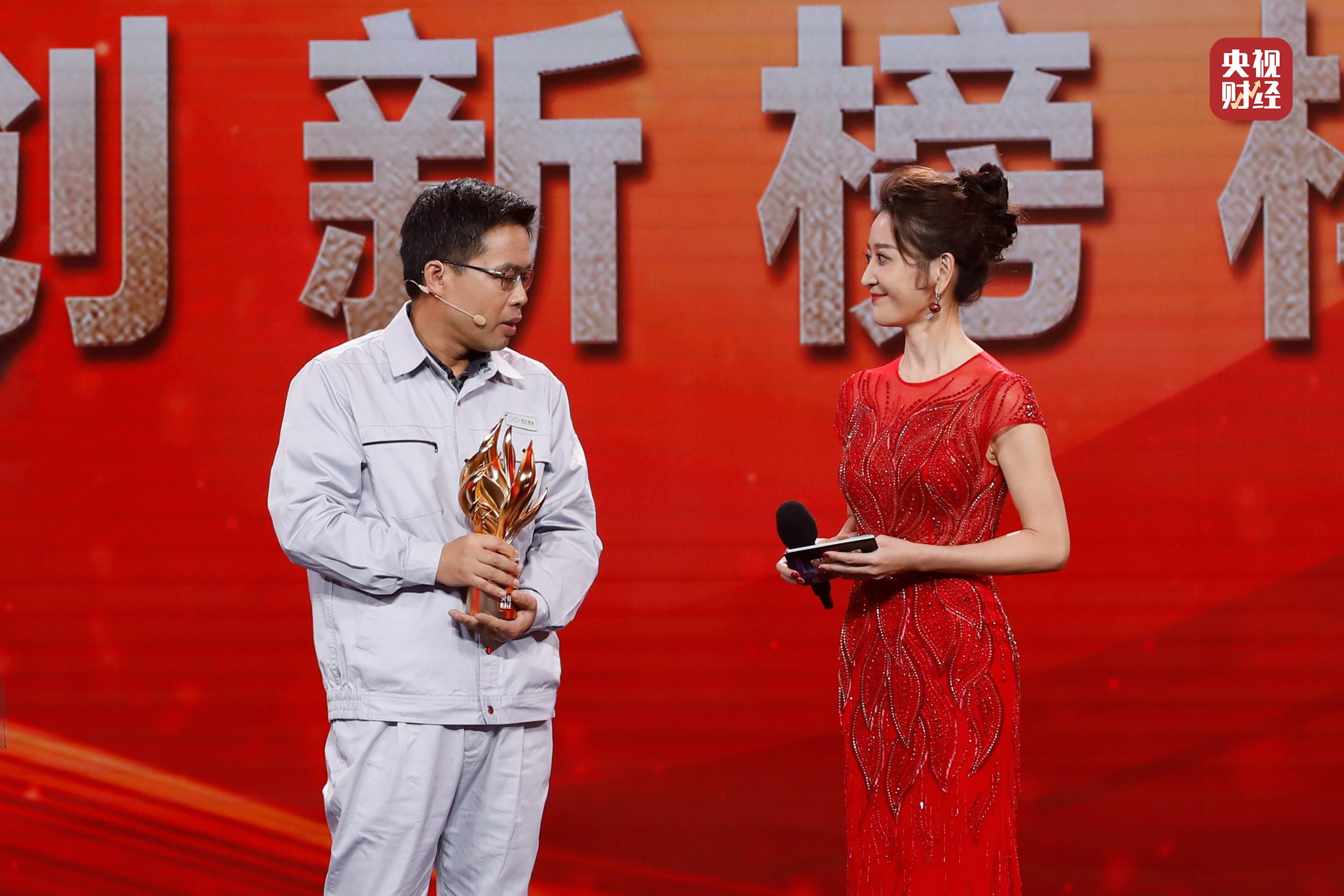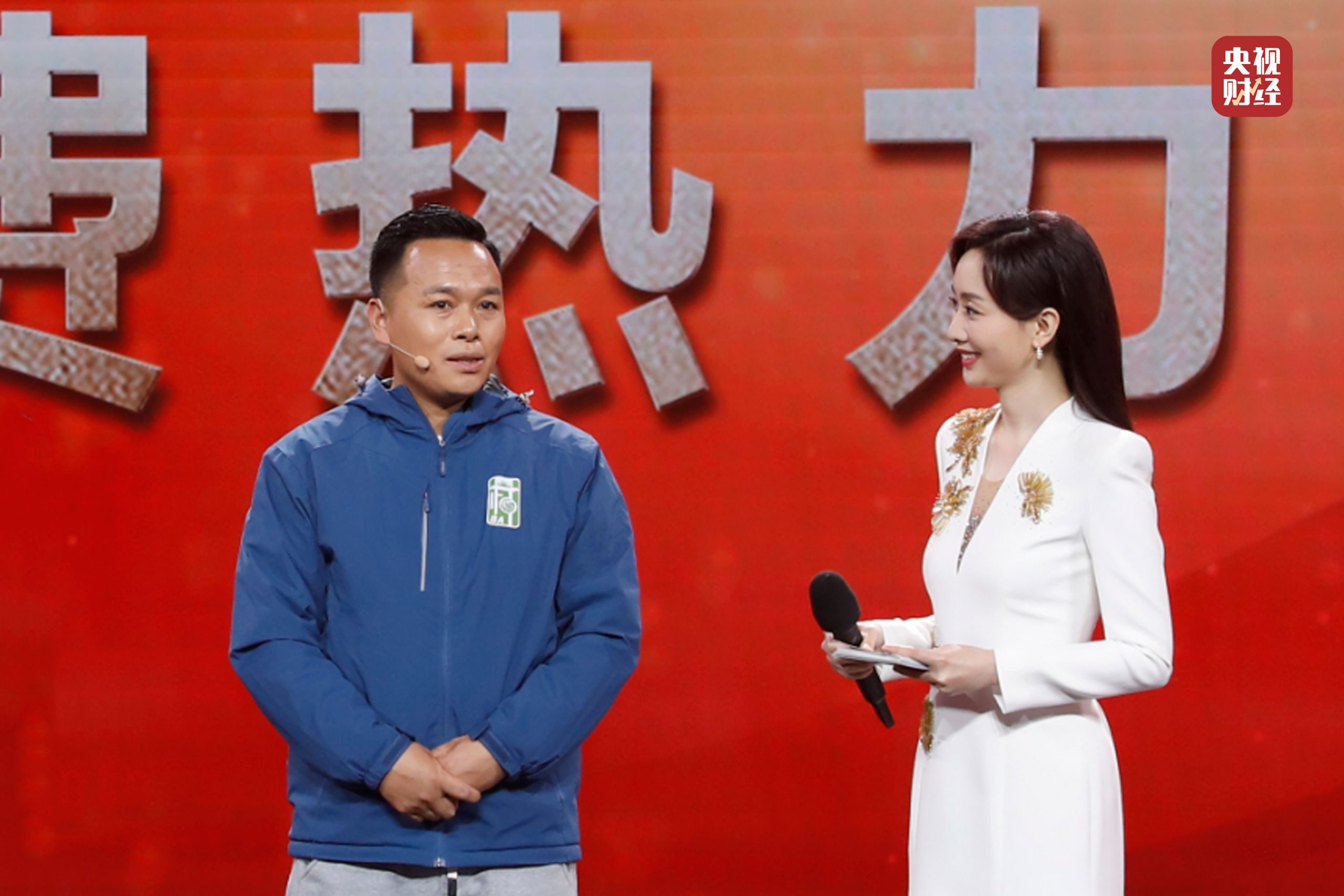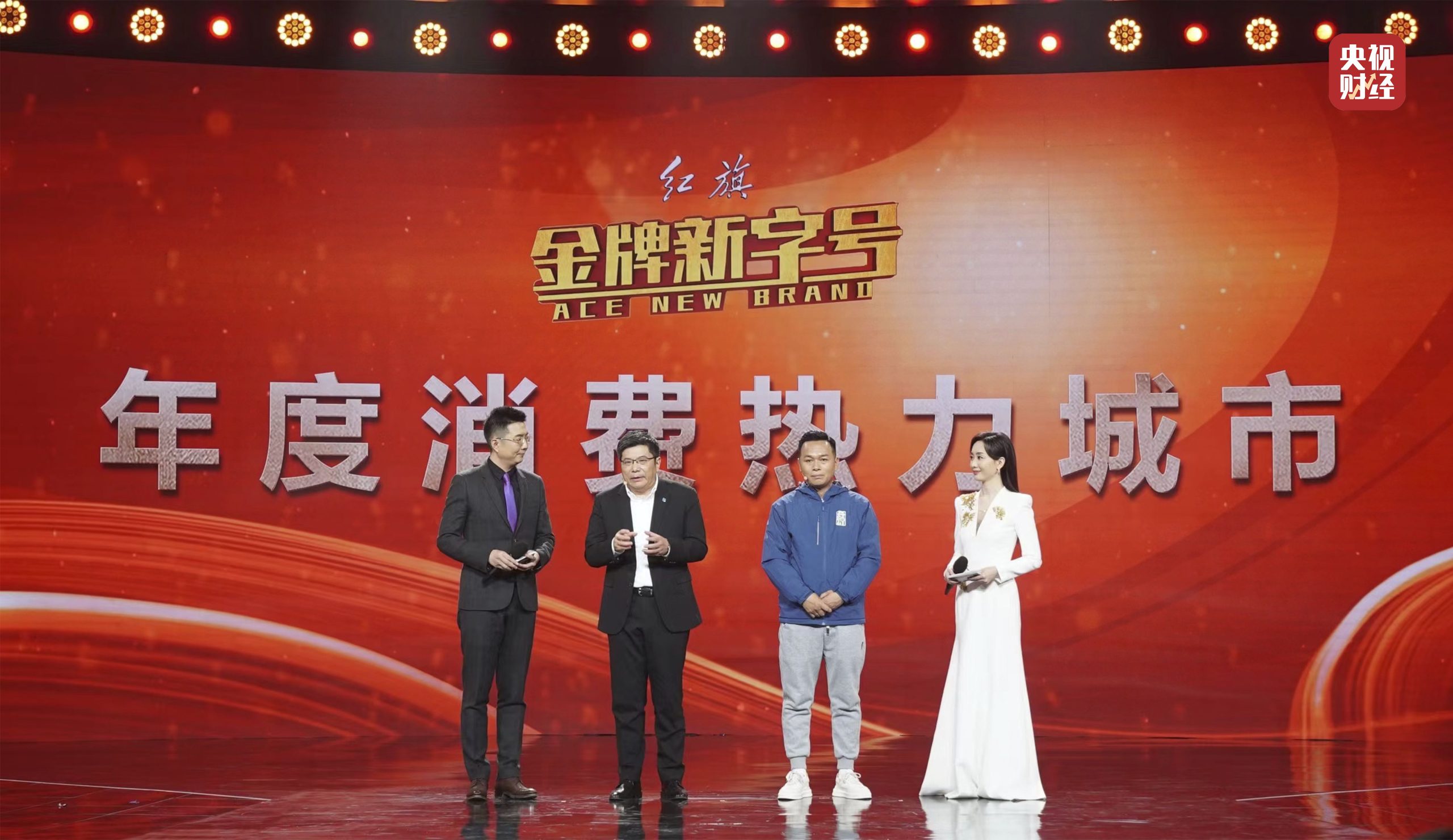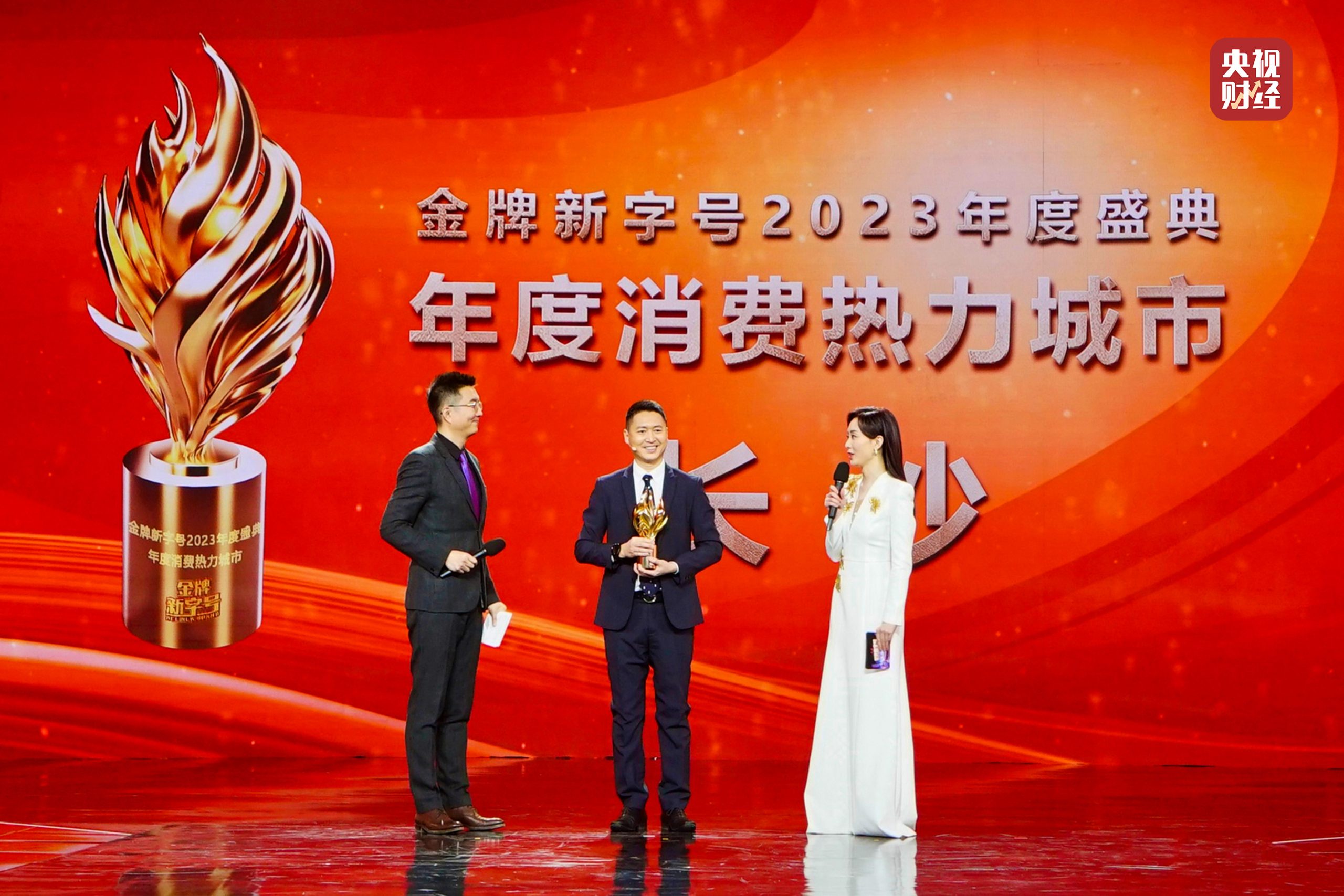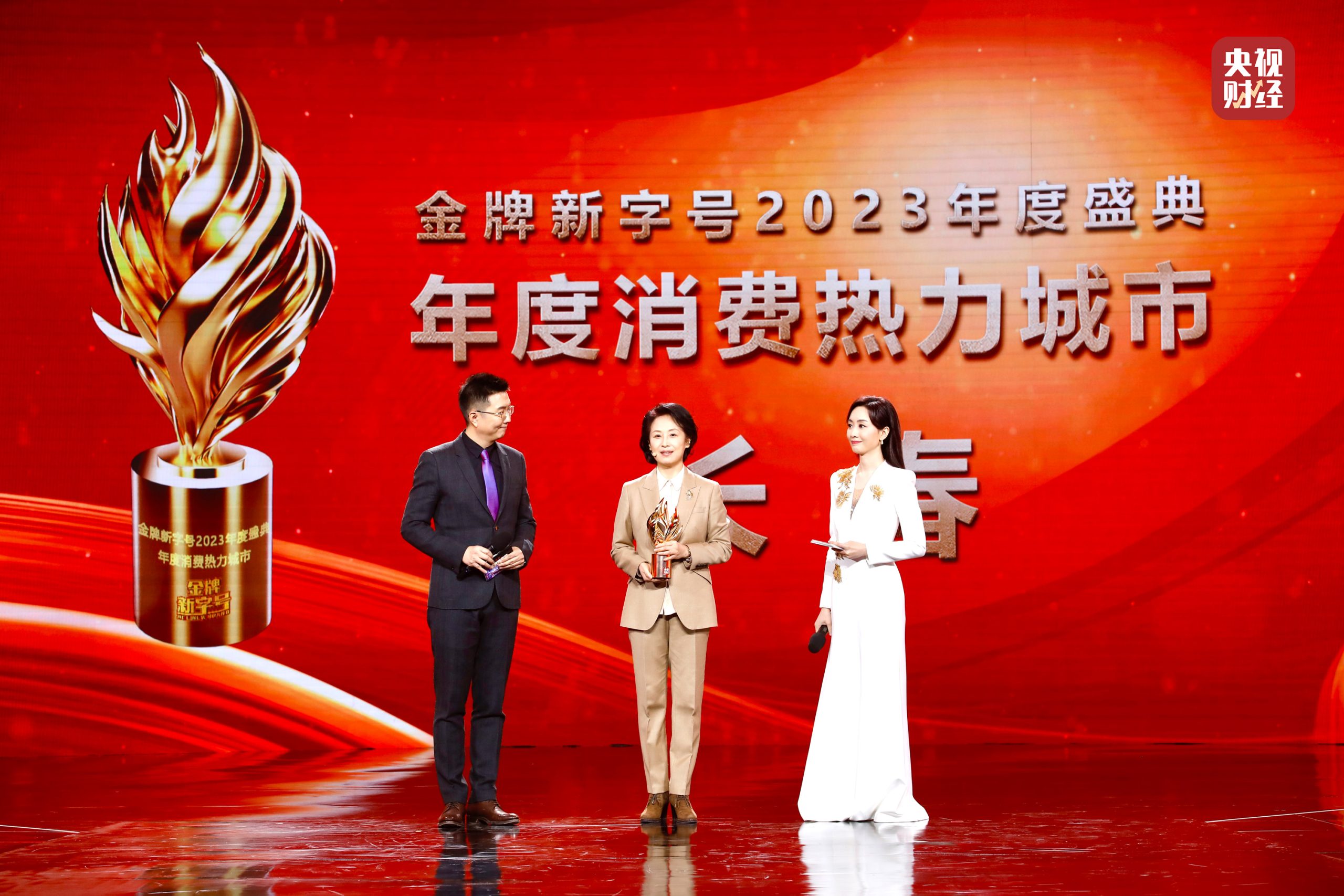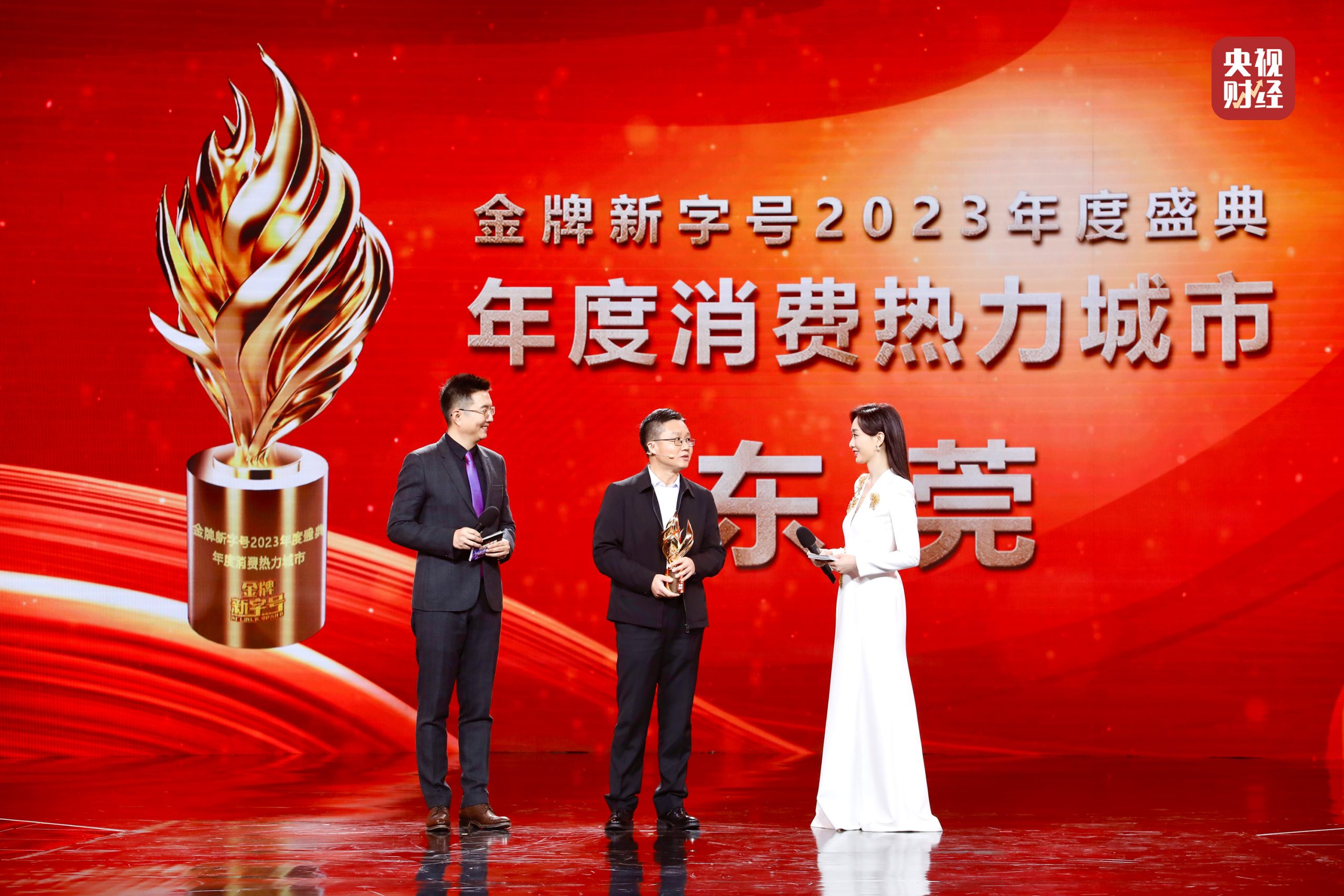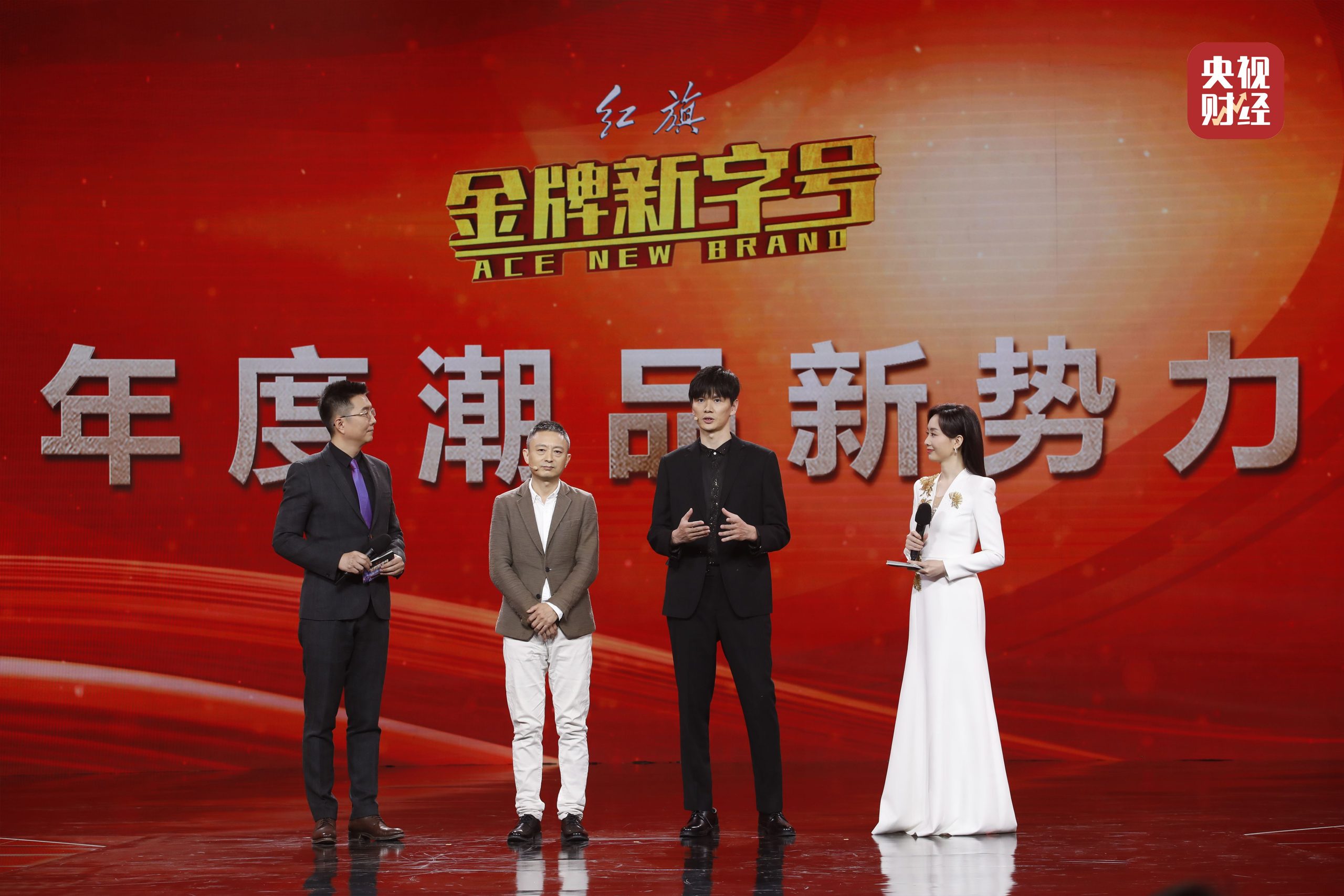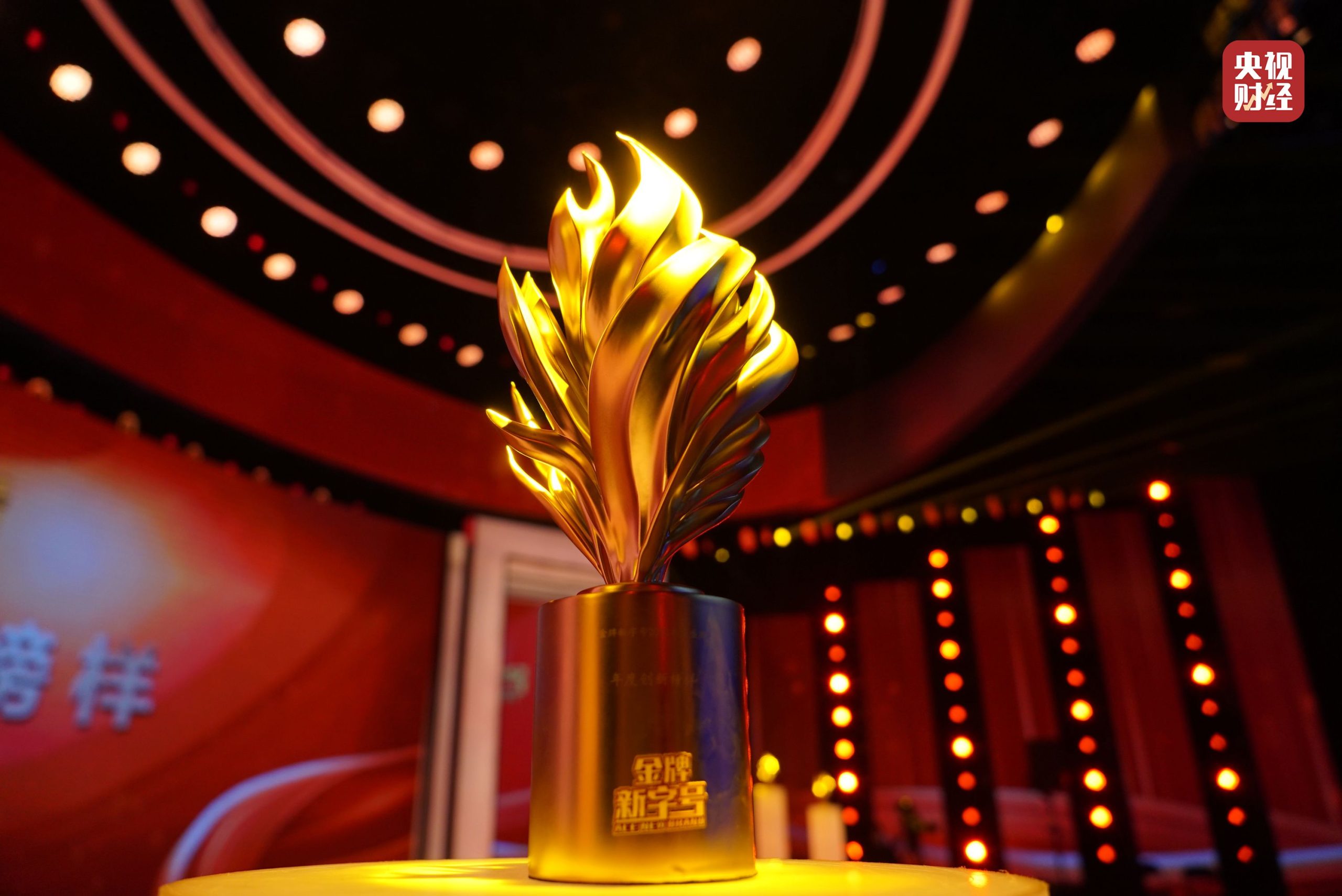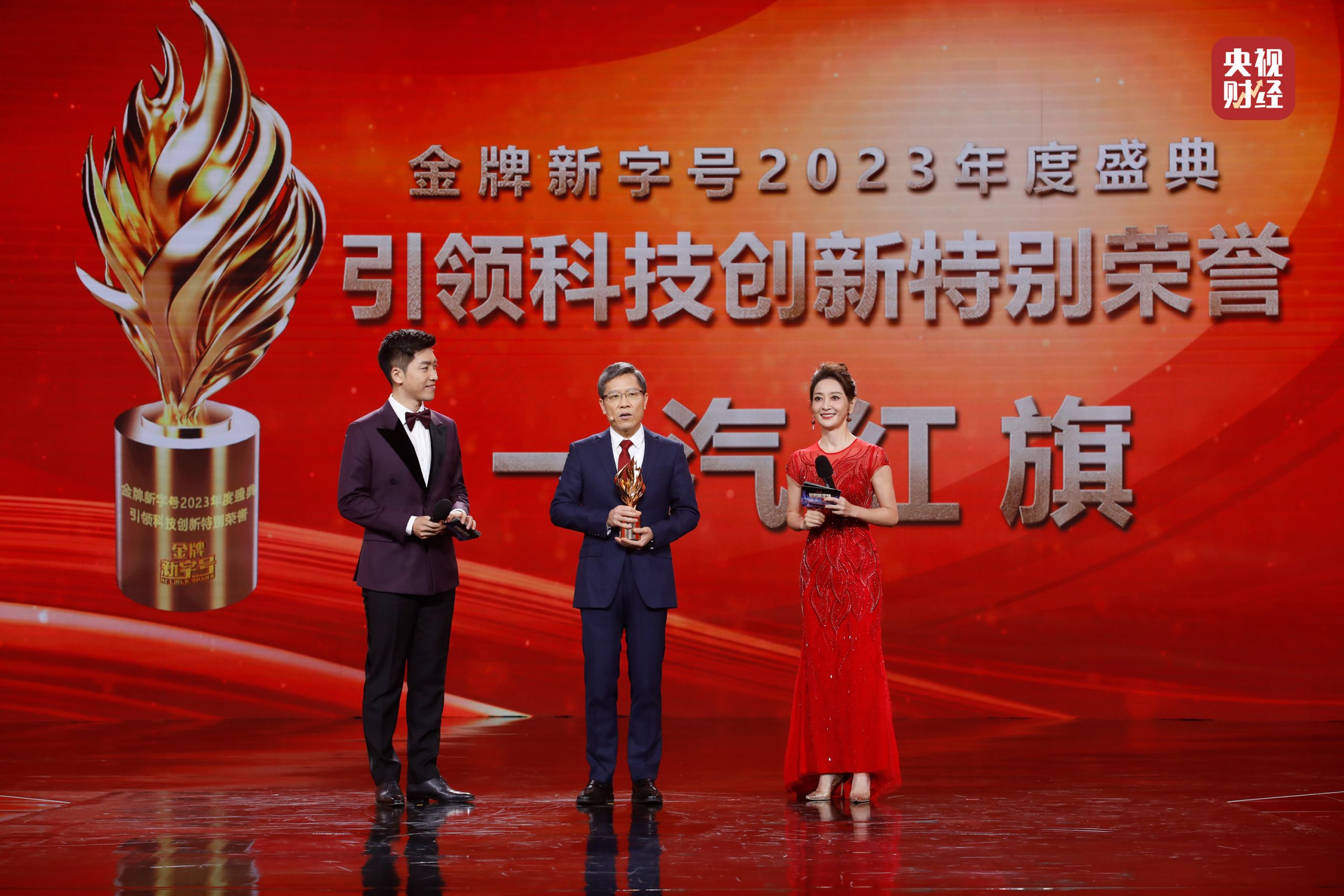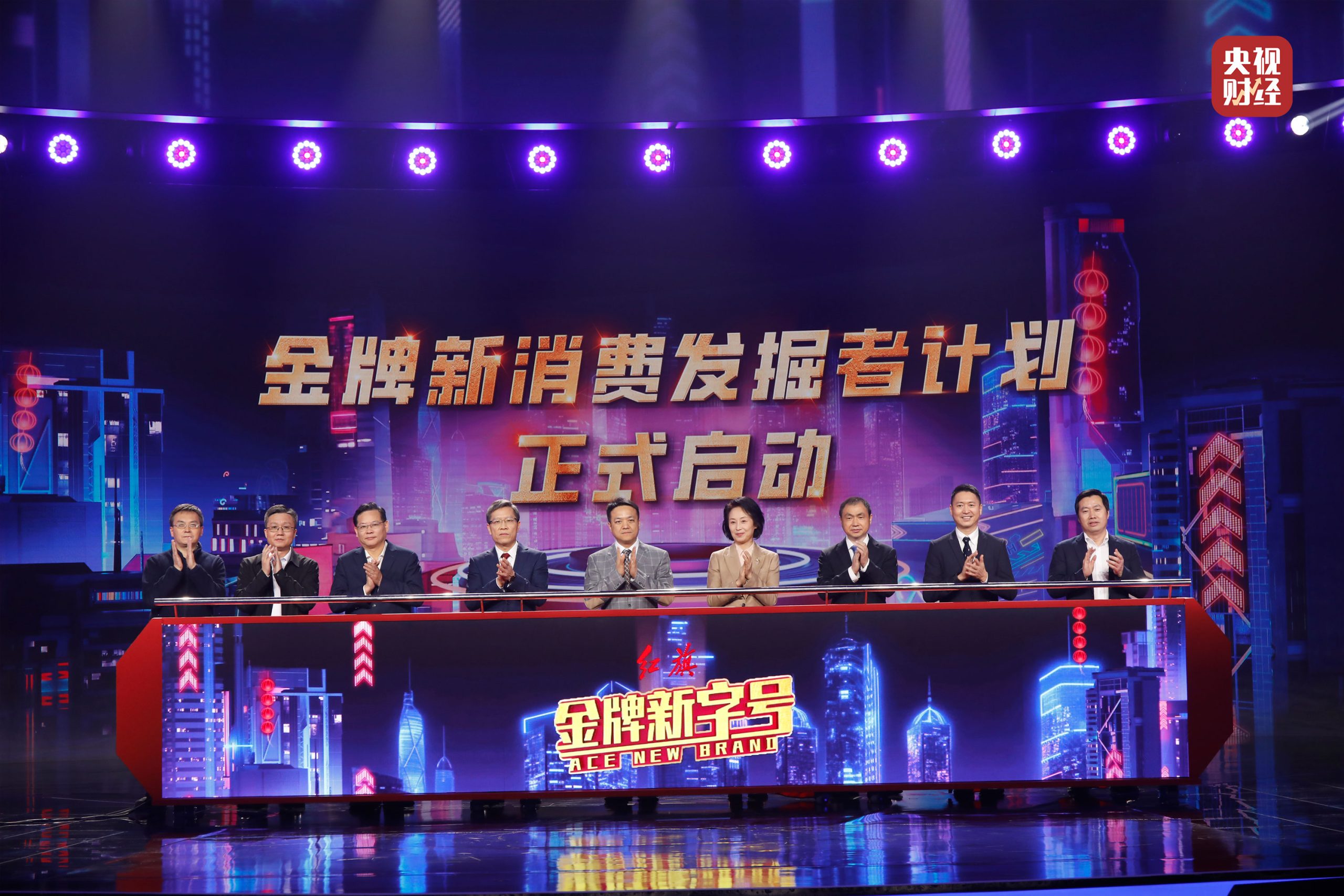China Network January 6 th (Reporter Yang Junkang)On January 6th, 2024, the 21st China Cultural Industry New Year Forum was launched in Beijing. With the theme of "New Starting Point: Cultural Power and Modern Civilization of the Chinese Nation", this forum invites colleagues from all walks of life in Industry-University-Research to share their experiences and collide their thoughts, and discusses theoretical thinking and industrial innovation in building modern civilization of the Chinese nation from the aspects of policy formulation, theoretical research and industrial practice, so as to stimulate the vitality of cultural innovation, promote the construction of a cultural power, and actively make suggestions and suggestions for the new historical journey towards the great rejuvenation of the Chinese nation.
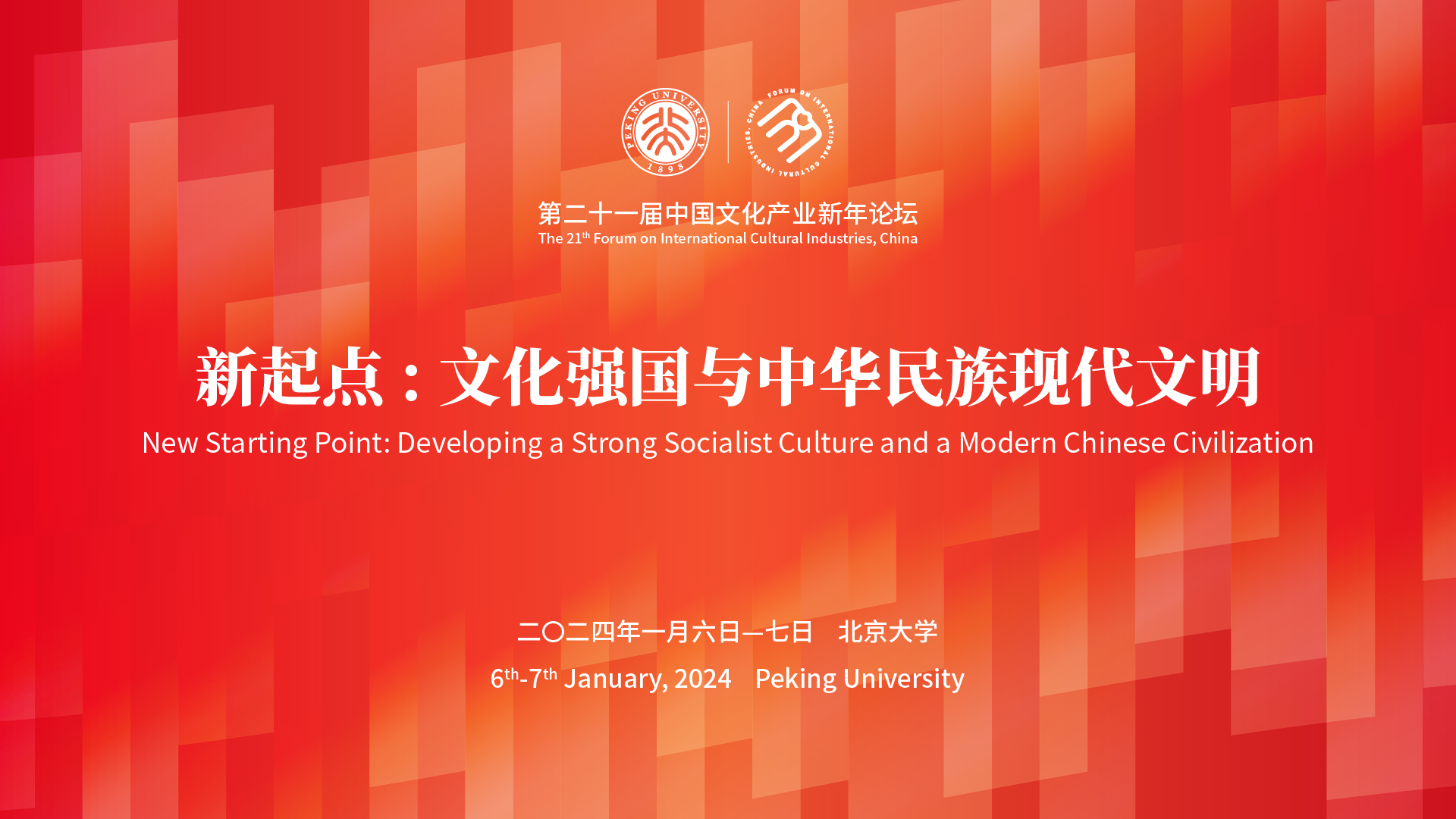
China Cultural Industry New Year Forum is hosted by Peking University, and undertaken by Peking University Art Institute and Peking University Cultural Industry Research Institute. Founded in 2003, it is a high-level international academic forum with the purpose of promoting communication and exchanges among governments, enterprises and academic circles in the field of cultural industry.
On the same day, the Forum released the Report on the Development of Cultural Industry in China (2023-2024) (hereinafter referred to as "2024 Peking University Report"), reviewing the top ten characteristics of China’s cultural industry in 2023 and predicting the top ten trends in 2024. The 2024 Peking University Report, presided over by Professor Xiang Yong, President of Peking University Cultural Industry Research Institute, is divided into ten characteristics of the cultural industry in 2023 and a forecast report on the development trend of the cultural industry in 2024. Through literature retrieval, big data analysis, expert interviews and questionnaire survey, the 2024 Peking University Report collected the relevant opinions of famous experts and scholars in the national cultural industry, and finally condensed it into the annual academic theme. This report was written by Du Huizhen, Yu Yun, Zhang Yixuan, Zheng Yuqi, Zhang Jinyu, Pei Huien, Deng Yuan, Feng Xuyuan, Wang Xiaoxi and Wei Xixiao. The 2024 Peking University Report is a phased achievement of "Blue Book of Cultural Industry" and "China Cultural Industry Development Report (2023-2024)". As a series and brand-name think tank research achievement of Cultural Industry Research Institute, the Blue Book of Cultural Industry has been published every year since 2003, which has exerted a wide influence in academic circles, industries and political circles, and has always been well received and concerned by readers at home and abroad, and has become an important reading in the field of cultural industry.
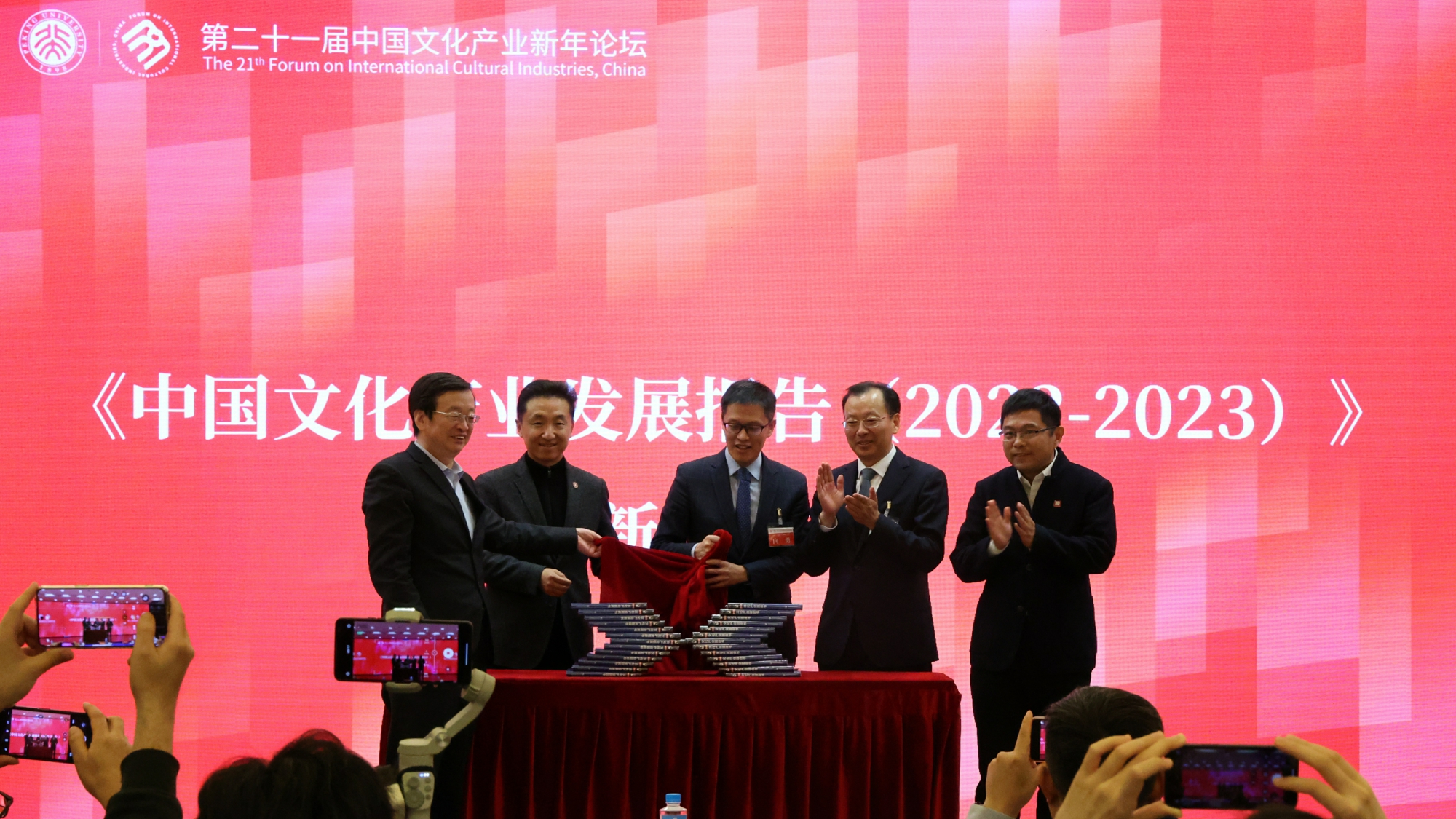
The Forum released the Report on the Development of Cultural Industry in China (2023-2024) (Photo courtesy of the participants).
Ten Characteristics of Cultural Industry in 2023
1.AI empowers the cultural industry chain
Due to the widespread influence of ChatGPT, 2023 is also called the first year of generative artificial intelligence. The diversified and multi-faceted application of AI in cultural industry is spreading from creation to communication and consumption. On the creative level, the rapidly evolving and iterative AI can not only help human creators to create a large number of texts, codes, audio and images that meet specific format requirements more efficiently, but also use natural language processing algorithms to analyze user behaviors and preferences, determine what types of content are most likely to be read and shared, and give specific suggestions for revision. In addition to text creation, AI also shows great potential for the creative assistance of the film and television industry in key tasks such as artistic direction and post-production. For example, in the masterpiece Wandering Earth 2 in 2023, the effect of "rejuvenation" of the characters is the use of AI technology. In terms of communication, AI technology can predict users’ preferences and provide personalized cultural content by analyzing users’ behaviors, interests and interaction traces, making information dissemination more refined and targeted. At the same time, AI has also enriched the forms of cultural communication, promoted the interaction between digital cultural products such as virtual idol figures and users, and become a new messenger to spread Chinese excellent culture. However, the development of this emerging technology has also brought new challenges. From the "No to AI Generated Images" campaign in which overseas painters collectively boycotted AI painting on Twitter at the beginning of the year, the Hollywood strike with AI as the fuse lasted for more than 100 days in the middle of the year.By the end of the year, ChatGPT’s father’s speech in Cambridge was protested, and we can see that people are still full of worries about the role of AI in the cultural industry and even human beings as a whole. To this end, cultural industry practitioners need to constantly improve their innovation to cope with the low-quality cultural products that AI may replace. In the face of this change, practitioners can create more in-depth and creative works through cooperation with AI, and lead the cultural industry towards high-quality development.
2. "Poetry+Tourism" to create an immersive travel space
China, as a big country of ancient poetry, has a rich cultural heritage of poetry, and the human landscape and ruins described by poetry have become the spiritual hometown of every Chinese, which is worth exploring and exploring all his life. In 2023, many new attempts to combine poetry with tourism emerged, which had a significant positive effect on stimulating tourists’ interest and improving the quality of tourism products, effectively realizing the promotion of tourism by poetry and the promotion of literature by tourism, and promoting the benign interaction between tourism industry and cultural industry. For example, The Three Wan Li in Chang ‘an, which was shown in 2023, expanded people’s imagination of the ancient capital of the Tang Dynasty by presenting the magnificent scenes depicted in the Tang poems, and injected new vitality into the traditional cultural research tourism. The same summer research route of "Entertainment Travel Notes" launched by Qujiang New District in conjunction with the film official and Flying Pig Travel fused the background of tang style and poetic elements, deeply restored the scenes of Gao Shi, Li Bai returning to Chang ‘an and directly buttoning Tianzimen in the film, and broke one million yuan on the day of its launch. It has truly realized "taking poetry as the path and traveling in Chang ‘an". According to the data of Meituan, the movie was released only for ten days, and the booking volume of holiday goods such as various line tours and one-day tours in Xi ‘an increased by 165% month-on-month. The search volume of immersive blocks represented by "Datang City that Never Sleeps" increased by 347% year-on-year. Coincidentally, the movie’s popularity has also aroused the audience’s yearning for Li Bai’s travels. The three theme cultural tourism routes of "Li Bai’s youth journey in the Yangtze River, official journey in his prime and roaming in the north" released by the theme tourism promotion activity of "Reading Li Bai and Traveling to China" held in jiangyou city, Sichuan Province, through combing Li Bai’s chronology and works,More than 30 related relics and scenic spots such as Sichuan, Henan, Hunan and Shaanxi are arranged in series to form a cultural route, so that every tourist can reach the realm of "singing and singing, meaning is far away".
3. Data elements boost the national cultural digitalization strategy
Data is an important factor of cultural production in the new era and a strategic resource for the development of cultural industries. In 2023, the construction of data factor value mining achieved a series of breakthrough results. From the policy point of view, the "Overall Layout Plan for Digital China Construction" was released, pointing out that it is necessary to speed up the improvement of the scale and quality of data resources, effectively release the value of data elements, build a national cultural big data system, and form a Chinese cultural database; The National Bureau of Data released the "Three-year Action Plan of Data Elements ×" (2024-2026) (draft for comments), and took data elements× cultural tourism as one of the key actions; The Ministry of Finance issued the Measures for the Administration of Subsidies from the Central Government to Support the Construction of Local Public Cultural Service System, which clearly supported the construction of the national cultural big data system. From the perspective of major events, the National Data Bureau was officially unveiled, the National Cultural Big Data System Achievement Exhibition debuted at the ICIF, the first 2023 Qingdao Digital Cultural Application Products Fair was successfully held, and the National Cultural Big Data System Construction Achievement Exhibition Center was unveiled in Beijing. With the continuous development of cloud computing, big data, artificial intelligence and other technologies, the ability to collect, store, process and apply cultural data will be continuously improved. The government’s increasing support for cultural industries and digital transformation will provide a better policy environment and safeguard measures for the mining and utilization of data elements. The integration of national cultural big data with other fields has been deepening, such as tourism, education, science and technology, which has spawned new formats and business models.
4. Rural local creation plays a connecting role
In 2023, the construction of rural talents has grown, the construction of rural spiritual civilization has been strengthened, the construction of livable and suitable businesses and beautiful rural areas has been solidly promoted, new rural industries and new formats have been cultivated, agricultural modernization has been further improved, and the comprehensive benefits of rural local creation have been remarkable. The core of local creation lies in creating the modern life aesthetics of traditional villages. By promoting the reconstruction of village cultural life style, the creative capital of town aesthetics and village aesthetics can be activated, rural cultural and creative industries can be cultivated, and the transformation and upgrading of village traditional economy can be promoted. Its core elements include different forms of expression such as "people, culture, land, scenery and production", including local identity and value connection of local villagers, local cultural traditions and resource distribution, soil structure and crop growth, unique landscape and mountains and rivers, and characteristic industries and handicrafts. By stimulating public participation and villagers’ co-construction, rural creation can fully stimulate farmers’ endogenous motivation, fully embody their democratic rights and give full play to their main role, guide farmers to work hard to build livable and suitable rural areas, and gradually make rural areas basically have modern living conditions. In this regard, the National Rural Revitalization Bureau, the Central Organization Department, the National Development and Reform Commission, the Ministry of Civil Affairs, the Ministry of Natural Resources, the Ministry of Housing and Urban-Rural Development, and the Ministry of Agriculture and Rural Affairs issued the "Guidelines for Farmers’ Participation in Rural Construction (Trial)" in January 2023, which provided work guidance for relying on farmers extensively, educating and guiding farmers, and organizing and driving farmers to jointly build, govern and share a beautiful home. These local creators comprehensively and systematically extract cultural genes (cultural DNA) contained in rural local creative resources.Creative transformation and innovative development of local traditional cultural resources, combined with local characteristics of ecological resources, agricultural resources, natural landscape, traditional landscape, etc., through the comprehensive means of artistic intervention, to achieve the overall benefits of rural creation.
5. The new public cultural space gains the urban cultural ecology.
As a new cultural format, the new public cultural space is the product of cultural self-confidence and cultural consciousness in the new era. It is a new space with humanity, functionality, openness and sociality created by specific environmental planning, architectural style, scene design, service projects, activities and content supply. Strive to meet the people’s higher-level cultural needs in the new era, improve the efficiency of public cultural services, and promote the integrated development of public cultural services and tourism, so as to reveal and convey the local spirit and humanistic characteristics, cultivate a new civilization and continue the Chinese context. In 2013, the Third Plenary Session of the 18th CPC Central Committee made a strategic plan to build a modern public cultural service system, which started a new journey of building a modern public cultural service system in China. The 14th Five-Year Cultural and Tourism Development Plan of the Ministry of Culture and Tourism puts the innovative development of urban and rural public cultural spaces into the category of promoting the integration of urban and rural public cultural services, and clearly proposes to create a number of "small but beautiful" new public cultural spaces such as urban study rooms, cultural post stations, cultural auditoriums and cultural squares. According to preliminary statistics, the number of branches and service points at the grassroots level has exceeded 100,000, which has become an important starting point for promoting the integration of urban and rural public cultural service systems. There are more than 33,500 new public cultural spaces with high value, strong sense of design and rich content, which truly become the "cultural living room" around the people, and together with the traditional six-level public cultural facilities, constitute the network system of public cultural services in China, and increasingly become the symbol and symbol of urban and rural humanistic spirit and cultural tradition.
6. Humanistic economics guides the high-quality development of culture.
Humanistic economics is a narrative exploration of the interaction between culture and economy, and it is an innovative exploration field. Its core is to create new demands with culture as the fulcrum, with special emphasis on the experience value and transformation ability of culture. In March, 2023, General Secretary of the Supreme Leader praised the urban development model of Suzhou and Hangzhou when attending the deliberation of the Jiangsu delegation at the First Session of the 14th National People’s Congress, and pointed out that we can study the human economics in it. In December, 2023, Xinhua News Agency released a think tank report on "Human Economics in the New Era", pointing out its basic characteristics of adhering to the people-centered development thought, fully absorbing the "nutrients" of Chinese excellent traditional culture, promoting the integration and interaction between cultural prosperity and economic development, and creating a new form of human civilization through joint construction, sharing and win-win. It can be said that the proposition is an important academic event in the field of humanities and social sciences in 2023, and research articles, academic conferences and lecture salons around the specific connotation and ideas of humanistic economics appear constantly, enriching the concrete composition of this theory. Generally speaking, culture is an important driving force for economic development and can provide a "more basic, broader and deeper" force for high-quality development. A systematic study and enrichment of humanistic economics will not only enhance people’s sense of cultural acquisition and happiness, but also give full play to the role of culture in activating development momentum, improving development quality and promoting the optimization and upgrading of economic structure, so as to realize the high-quality development of China’s cultural industry and highlight the Chinese modernization of coordinated development of material civilization and spiritual civilization.
7. Young people return to rational cultural consumption
In 2023, the younger generation in China showed a trend of returning to rationality in cultural consumption. They no longer blindly follow the trend, but pay more attention to the connotation and value of cultural products. This trend has several remarkable characteristics: first, they pursue personalized experience and look for cultural products that match their own aesthetics and interests. They pursue unique and personalized cultural experience, and begin to pay attention to the concept of sustainable consumption and attach importance to the ecology and influence of cultural products. More and more young consumers are more inclined to support cultural brands and activities with strong environmental protection and social responsibility. In the post-epidemic era, offline cultural experience has been upgraded, and offline cultural consumption is no longer limited to traditional ways of watching movies and buying books, but more interactive and experiential cultural activities are sought after. At the same time, people pay more attention to local culture and local characteristics, and young people are more willing to support and participate in cultural activities with local characteristics and experience the unique local cultural atmosphere. As a new way of tourism, special forces tourism has emerged among young tourists, that is, to visit as many scenic spots as possible with as little time and cost as possible. The rise of this way is not only due to the special supply of epidemic situation, but the rational thinking of young people on the way of tourism. At the same time, emotional consumption has become a consumer behavior dominated by consumer emotions. Different forms of cultural activities, such as temple tour, village BA supermarket, City walk, etc., all emphasize emotional resonance and emotional release. Emotion has become a powerful consumption power, affecting consumers’ choices and even reshaping their travel style.
8. Digital copyright protection promotes and balances the development of digital cultural industry.
Copyright is of great value in the fields of culture and economy. Paying attention to copyright protection is not only in line with social interests, but also the obligation of the government. Doing a good job in copyright protection can not only stimulate creation and innovation, promote cultural inheritance, but also promote economic growth and international trade exchanges. With the all-round development of digital technology in 2023, copyright protection faces new opportunities and challenges. On the one hand, the Internet enables digital content to spread to all parts of the world at a faster speed, providing creators with opportunities to spread their works to a wider audience. On the other hand, digitalization and Internet make copyright infringement easier, thus damaging the rights and interests of digital copyright owners. In the digital media environment, digital copyright exists to protect the intellectual property rights of creators and copyright owners, involving the creation, distribution, sharing and use of digital content. Digital copyright plays a vital role in today’s information dissemination, which can balance the relationship between intellectual property protection and public rights acquisition, thus promoting cultural creation and the sustainable development of digital economy. In the era of digital economy, the frequent infringement of digital works, the vague ownership of digital rights, and the difficulty for copyright owners of digital works to defend their rights have triggered a new crisis of digital rights protection. In order to maintain the digital market order, improve the national cultural soft power, and realize the goal of building a strong cultural country in China, we must accelerate the digital copyright protection work and build a perfect digital copyright protection system, so as to promote and balance the high-quality development of the digital cultural industry.
9. Cross-media adaptation of cultural IP
"Cross-media adaptation of cultural IP" refers to the adaptation, continuation and re-creation of intellectual property (IP) content in specific cultural works, including but not limited to novels, comics, games and movies, through different media forms. Mature IP is often cross-media, and fans can build a three-dimensional image of IP in different platforms and creative ways, including digital and physical IP presentation methods. The popularity of IP cross-media production and communication shows the increasing awareness of intellectual property protection and development ability, which is helpful to extend and expand the cultural influence and commercial value of IP. Cross-media adaptation of cultural IP has become a new channel to drive economic growth. With the increasing demand for cultural IP in the global market, the cross-media adaptation of comics and game IP provides more high-quality content for the cultural industry. This growth is reflected in the box office value of the film market to cultural IP and the increase of multi-media. In the top three box office performances in 2023, two films were based on IP adaptation, namely Barbie, which ranked first, and Super Mario Bros. Movie. Barbie was originally a physical doll. Through long-term animation continuation and live-action film creation in 2023, "Barbie" has become a world-renowned IP, and its global influence of intellectual property rights has been increasing. According to statistics, the box office of Barbie is about $1.442 billion, and the success of its film has led to the craze of Barbie’s co-branding of 3C products, which has become a successful example of IP cross-media adaptation. This case shows that,The cross-media adaptation of IP can further realize the commercial value and market influence of IP in copyright management and derivative development.
10. The cultural thought of the supreme leader leads the cultural industry orientation.
On October 7-8, 2023, the National Conference on Propaganda, Ideological and Cultural Work was held in Beijing, and the cultural thought of the supreme leader was put forward for the first time. The supreme leader’s cultural thought not only has the innovation and breakthrough in cultural theory, but also has the deployment requirements of cultural work layout. The significance of this thought is summarized as "making use of the body clearly and connecting the body with the use". Under the guidance of the supreme leader’s cultural thought, the development ways and means of China’s cultural industry emphasize cultural self-confidence, cultural innovation and cultural consciousness. The cultural thought of the Supreme Leader advocates that in the development of cultural industry, we should pay attention to excavating local cultural resources, inherit Chinese civilization, and promote the spread of China culture with confidence. Consolidate and expand the mainstream ideological public opinion in the new era of endeavor, strengthen positive propaganda with strong confidence as the focus, and improve the ability of public opinion guidance. Cultural innovation plays an important role in promoting the cultural industry, so we should widely practice the socialist core values and improve the construction of innovative spiritual civilization. Encourage innovative thinking and originality in the development of cultural products, literary and artistic creation, and cultivate a group of internationally competitive cultural and creative talents. Advocate the integrated development of culture, science and technology, economy and other fields, and improve the quality and international competitiveness of cultural products. In addition, the supreme leader’s cultural thought emphasizes a broad international vision, constructs China’s discourse and China’s narrative system, actively participates in global cultural exchanges, and promotes China’s culture to the world. Encourage China’s voice to be published on the international stage, strengthen cultural diplomacy, and enhance the international influence of China culture.The cultural thought of the Supreme Leader provides the guiding ideology for the development of China’s cultural industry, emphasizing the requirements of cultural self-confidence, innovation, integration and internationalization, so as to promote the development of China’s cultural industry in a healthier and more dynamic direction.
Ten Trends Forecast of Cultural Industry in 2024
1. Generative artificial intelligence helps creative content production.
Generative artificial intelligence is an artificial intelligence technology that generates a wide range of content based on a large model. Through algorithms such as machine learning and natural language processing, understanding and creativity emerge, which can replace mental work and create various application forms of content such as text, image, audio, video, office, etc., which improves the creative efficiency and breaks through the limitations of creative boundaries. At present, a number of applications of generative artificial intelligence have emerged in the market, such as multimodal GPT-4.0 of OpenAI, AI painting of Midjourney, ERNIE Bot of Baidu, Netease Tianyin, etc., which have been gradually applied to the field of creative content production and dissemination with their strong content generation capabilities. In December 2023, the theme salon of "AIGC Empowers Film and Television Industry Innovation" was held. The National Wenchuang Experimental Zone is accelerating the layout of the generative artificial intelligence track, guiding the development of technology enterprises to match the actual needs of cultural enterprises, improving the competitiveness and application scope of China’s generative artificial intelligence technology, encouraging the innovative application of this technology in the cultural field, and empowering the development of cultural industries. At the same time, the risks of generative artificial intelligence have attracted widespread attention, and its authenticity and accuracy, copyright issues, algorithm discrimination issues and abuse issues have also become important aspects of different neglect. In July 2023, the National Network Information Office, together with the National Development and Reform Commission, the Ministry of Education, the Ministry of Science and Technology, the Ministry of Industry and Information Technology, the Ministry of Public Security and the State Administration of Radio, Film and Television, jointly issued the Interim Measures for the Management of Generative Artificial Intelligence Services, aiming at promoting the healthy development and standardized application of generative artificial intelligence.In the future, the creative content production assisted by generative artificial intelligence should be developed in a reliable and controllable range.
2. Digital marketing attaches importance to the emotional connection with consumers.
In the past 2023, artificial intelligence technology has continuously entered various fields of the cultural industry, which has brought great opportunities and enthusiasm to cultural enterprises, but also brought new pressures and challenges, requiring them to actively adjust and meet the needs of the market. For smart products, it not only needs a high degree of operational thinking, but also needs to gradually enhance the emotional perception of the audience and further enhance the consumer experience. As an important grammar of human social life, emotional computing aims to create a computing system that can perceive, recognize and understand human emotions and make corresponding intelligent, sensitive and natural responses, including emotional signal collection, emotional analysis, multimodal fusion, emotional generation and other steps. With the continuous development of the new generation of artificial intelligence technology, the field of empowerment based on emotional computing is increasingly extensive, which has become an important feature of public discourse in the era of digital intelligence. Therefore, the transition from technology to emotion will become one of the key trends of digital marketing in the coming year. Although artificial intelligence itself does not have human emotions, it can try to touch and perceive human emotions and build a bridge with them. This emotional connection is based on massive data, and consumers’ overall preferences and emotional needs can be grasped through in-depth analysis of various behavioral characteristics of cultural products on the Internet. Based on establishing stronger emotional connection with consumers, enterprises can form more targeted marketing strategies, thus actively enhancing the cultural brand power of China.
3. The rise of new consumer groups and diversification of demand
The Opinions on Promoting the Implementation of National Cultural Digitalization Strategy points out that digitalization has been bringing constant impetus to the cultural tourism industry when facing the wave of "new consumption". This digital trend perfectly integrates online and offline to create a brand-new cultural experience. The cultural tourism industry urgently needs to grasp the three core markets of "Generation Z", the emerging middle class and the elderly, and promote the high-quality development of the industry through innovative paths. The individualized demand of cultural consumption is reflected in the pursuit of individualization and customization of cultural products and services. This demand involves diversity, uniqueness and personalized customization. Including the pursuit of customized experience, participation and interaction, personal emotional resonance and cultural identity. With the development of the digital age, digital original consumers will become the main consumption force, and their demand for digital entertainment, virtual reality experience and online cultural content will increase greatly. At the same time, with the aging of the population, the consumption potential of silver-haired groups will also become the engine to release new vitality. They may show more interest and demand in traditional culture, artworks and cultural education. Moreover, with the promotion of rural revitalization strategy, consumers in rural areas may become new consumption growth points. They may pay more attention to the consumption of local culture, rural tourism and traditional handicrafts. Community cultural consumers tend to be oriented by social platforms, and influence consumers’ choice, evaluation and experience by sharing cultural products and experiences.
4. Intellectual property protection encourages the production of more high-quality original content.
Intellectual property law is an important legal system to protect the rights and interests of authors and an important method to safeguard the interests of cultural industries. Therefore, the strengthening and improvement of intellectual property law is very important for the protection of social and cultural industries and rights in China. In the new media era, the diversification of communication platforms has generated a strong demand for communication content, especially high-quality original content; At the same time, the development of media convergence technology facilitates the reproduction and re-dissemination of content. The combination of strong communication demand and media convergence technology not only enlivens modern communication activities, but also causes a series of intellectual property disputes, which increases the urgency of intellectual property protection research from the perspective of new media. Protecting the rights of original content and safeguarding the interests of obligees are not only the needs of perfecting the market economy system and promoting independent innovation in China, but also the needs of establishing international credit and carrying out international cooperation. It is necessary to further improve the intellectual property law, create a legal environment for respecting and protecting intellectual property rights, and promote the awareness of intellectual property rights in the whole society and the improvement of the management level of national intellectual property rights. In order to meet the country’s major strategic needs, we will start tackling key problems in digital copyright protection technology, realize integrated innovation and leapfrogging of core technologies, implement major industrial technology development projects, strengthen citizens’ awareness of intellectual property rights, improve the intellectual property protection system, establish an early warning mechanism for intellectual property rights, severely crack down on infringement of intellectual property rights according to law, actively develop online cultural industries, encourage and support the creation and research and development of national original and healthy online cultural products, and expand the development space of national online culture.Encourage more high-quality original content to continuously produce and create.
5. Cross-border cultural integration creates new scenes, new formats and new models.
General Secretary Supreme Leader’s important speech during his inspection tour in Jiangsu described a "picture" of coexistence and co-prosperity of humanities and economy. Report to the 20th CPC National Congress of the Communist Party of China emphasized that the integration of "culture+technology" has become a trend to "implement the national cultural digitalization strategy". First, speed up the digitalization of cultural resources and promote the digital development and transformation of resources; Second, vigorously promote the application of digital technology and foster the development of new formats; Third, strengthen the supply of digital content of public cultural services and enhance the digital service capability of cultural services; Fourthly, digitalization helps to improve the communication efficiency of culture and art and tourism development. The deep integration of "culture+tourism" gives birth to a new sustainable tourism form-creative tourism. In the practice of local creation, creative tourism gives full play to the leading role of local powers such as local residents and social enterprises, and maximizes the development of local creative capital. Its leisure essence and aesthetic principle require the development of local cultural resources and the excavation of local cultural connotations. "Only Henan Drama Fantasy City" is based on the Yellow River civilization, with immersive drama art as the technique and a brand-new viewing mode; More than 1,600 years ago, with the help of digital technologies such as holographic imaging and full-color 2D screen, "The Goddess of Luo" brought visitors an immersive light experience, and promoted the creative transformation and innovative development of traditional culture through the integration of culture and technology. The cross-border integration of culture promotes the sustained recovery of consumption, accelerates the upgrading of demand, innovates business scenarios, optimizes the quality of supply, and stimulates the vitality of the market. The integration of "culture+business" has become the future trend.
6. The importance and development of digital cultural industry personnel training
Since the 18th National Congress of the Communist Party of China, the Supreme Leader General Secretary has made a series of important expositions on digital economy, digital China and cultural power, and the general offices of the General Office of the Central Committee of the CPC and the State Council have also issued many important instructions on implementing the national cultural digitalization strategy. The successive issuance of policy documents has pointed out the development direction and path for the rapid development of China’s digital culture industry, and one of the most important measures is the cultivation of talents. The development of digital cultural industry is inseparable from innovation, and high-level digital cultural industry talents are the core of innovation. By cultivating talents with advanced technology, creative ability and industry insight, it is helpful to promote the innovative development of digital culture industry and enhance the competitive position of the country in the global digital culture market. In 2023, the pilot project of digital culture industry was actively and orderly promoted, and master’s degrees in digital culture industry were established in Shanghai Jiaotong University and Sun Yat-sen University successively, which laid a solid foundation for the establishment of digital culture industry master’s degree points nationwide and entering the subject catalogue. In the next year, with the "Opinions of the Ministry of Education on Further Promoting the Classified Development of Academic Degree and Professional Degree Postgraduate Education" issued by the Ministry of Education at the end of 2023 as a symbol, the cultivation of talents in the digital culture industry will be further valued and developed in 2024.
7. Development and application of multimodal cultural model.
Since the end of 2023, Google has released the artificial intelligence model Gemini, which has the ability of complex multi-modal reasoning and can recognize text, images, codes, audio, video and other information. Pika labs, an American AI startup, released Pika1.0, a video generation application. Users can generate and edit 3D animation, animation, cartoons and movies through simple text input, and it has excellent performance in video expansion, regional modification and video style switching, which greatly promoted the global AI model to be upgraded to a multi-modal direction, significantly lowered the threshold for video creation, and widely empowered the cost reduction, efficiency increase and creative output of content production in sub-sectors such as music, movies, games, animation and short videos. In addition, thanks to the spatial computing power of VisionPro, a mixed reality product to be released by Apple in 2024, AI+3D will generate a large model, which will bring a new dimension of human-computer interaction and sensory stimulation, and lay a solid foundation for expanding and enhancing the tourist experience in cultural spaces such as museums, theaters and tourist attractions.
8. Based on the demand for cultural services, promote the quality and efficiency of cultural supply.
In 2023, the rapid release of the backlog of cultural consumption demand made the recovery of the culture and tourism industry obvious, and various new cultural formats frequently appeared: the box office of the Spring Festival movies was very hot; The tourism industry has recovered rapidly, and the cities of online celebrity, represented by Zibo, are remarkable. The popularity of museums around the country has soared, and it is "hard to find a ticket" for holidays; The offline performance market is splendid … In 2024, the public’s demand for cultural services showed a tendency to pursue emerging formats and consume traditional culture. New consumption patterns, such as digital content services and night tours, have developed rapidly, and new consumer groups, such as women, new middle class and sinking market, have gradually emerged, and the cultural market has ushered in a new consumer aesthetic, pushing the cultural and tourism consumer markets towards multiple segments. The demand for excellent traditional culture is another major feature. In recent years, the creative transformation and innovative development have enabled Chinese excellent traditional culture to enter the public life more diversified, faster and more widely, and the people’s consumption demand for China traditional culture continues to rise. Meeting people’s growing spiritual and cultural needs puts forward new requirements for strengthening the supply of high-quality culture: realizing the prosperity and development of cultural industries is a concrete manifestation of strengthening cultural self-confidence and shouldering new cultural missions; Accelerating the construction of modern public cultural service system is a powerful guarantee to meet cultural needs and enhance spiritual strength; The steady implementation of cultural digitalization strategy is the most important thing to enhance the digitalization ability of cultural services and meet the diverse needs of the people.
9. Great Health Travel and Younger Health Consumption
This trend refers to the rise of the integration of great healthy cultural tourism and health preservation concepts and consumption into lifestyle, and more and more young people are willing to invest in tourism, cultural experience and healthy lifestyle. This includes providing healthy cultural experience, popular health science, sports and health-related cultural activities and lifestyle-related products and services. With the increasing concern of young people for a healthy lifestyle, tourism is organically combined with health care and cultural experience. On social media with young users, healthy lifestyle products and content are gradually increasing. The first 2023 Health Travel Industry Development Conference, directed by the Industrial Development Department of the Ministry of Culture and Tourism, was successfully held, focusing on promoting the integrated development of health industry and travel industry, and discussing the inheritance and development of intangible protection of traditional Chinese medicine, the development practice of health travel industry in various places, the diversified development of health travel by the whole tourism industry chain, the deep integration of health services and travel, and the lifestyle of living in the whole age. Some tourist destinations have begun to introduce tourism products that combine cultural experience and healthy lifestyle, such as cultural health-keeping tours and cultural fitness tours. In addition, some healthy lifestyle brands have also begun to cooperate with the tourism industry to launch healthy tourism products with cultural elements to meet the market demand for healthy lifestyle tourism. Anaya, Hebei Province, provides high-quality cultural content such as drama festivals and music festivals by building art galleries, campsites, cafes and other supporting cultural and leisure places, and is committed to building a brand of lifestyle for all-year-old residents and creating a new young and healthy lifestyle, which is quite popular among young tourists.Under this trend, great healthy cultural tourism and lifestyle will become the hot spot of future tourism. The organic combination of cultural industry and tourism will help meet the needs of younger customers and promote the spread of health concepts in tourism and cultural experience among young people.
10. Globalization of Chinese culture enhances international influence.
Looking back on 2023, cultural exchange has increasingly become an important part of the interaction between countries. As a country with a long history and rich cultural traditions, China has deepened the impression of the international community by actively promoting the international spread of local culture. With the sustained growth of China’s economy and the deepening of globalization, local culture has entered the international market, which is not only a demonstration of cultural self-confidence, but also an important way of cultural exchange and international cooperation. China has a long history and profound cultural heritage, such as traditional literature, drama, music, fine arts, handicrafts and philosophical thoughts, which are internationally attractive cultural resources. By spreading these values, cultural connotations and artistic forms, China has established its own cultural image in the world and built a positive soft power foundation for the country. In recent years, with modern means of communication and innovative forms of expression, traditional culture has been newly interpreted and disseminated, attracting more attention from international audiences. With the development of technology and the establishment of global media network, the innovation and development of China’s local cultural industry in the fields of movies, TV series, animation, online literature, etc. are more easily contacted and consumed by international audiences, showing the story of China and China’s aesthetics, and also promoting cultural understanding and international exchanges. Furthermore, China actively uses new media and digital technology to promote cultural and creative industries. Emerging channels such as social media platforms, online video websites and digital museums make the spread of China culture more convenient and extensive. With the acceleration of internationalization, China is actively shaping its cultural soft power. Promote local culture to go international,It not only shows the charm of its own culture, but also contributes to the maintenance of global cultural diversity and the deepening of cultural exchanges. Looking ahead, with the deepening of this process, China culture will play an increasingly important role in the global cultural map.

